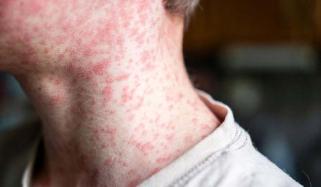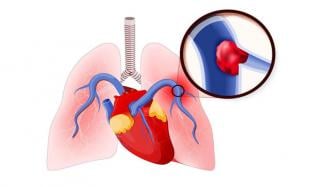
A new study has revealed that the injectable asthma drug helped more than one-third of the kids to overcome their food allergies.
According to HealthDay, the findings of a new clinical result presented at a meeting of the American Academy of Allergy, Asthma & Immunology in San Diego revealed that over one-third of the kids who were treated with the injectable asthma drugs were able to eat their trigger foods.
Researchers during the second phase of the trials noted that 36% of the kids who were treated with omalizumab (Xolair) for a year ate full servings of their allergy-triggering foods without any reactions.
Meanwhile, the group of kids received shorter treatment with omalizumab, followed by months of oral immunotherapy. But as compared to the other group, only 19% of the kids successfully overcame their food allergies.
The principal investigator, Dr. Robert Wood, said in a press release, “This is the first time we’ve been able to directly compare these two treatments for multiple food allergies, and our study shows omalizumab was superior to oral immunotherapy.”
Moreover, during the second phase of the trial, 117 children allergic to peanuts and at least two other common food allergens, milk, egg, cashew, wheat, walnut, or hazelnut, were involved.
After 44 weeks, they were given the trigger foods, and it was found that 88% of kids who received omalizumab finished the stage 2 trial compared to 51% of those who received oral immunotherapy.
The researchers also noted that the kids who took omalizumab did not have serious bad reactions, while more than 30% of kids who received oral immunotherapy had adverse reactions.















